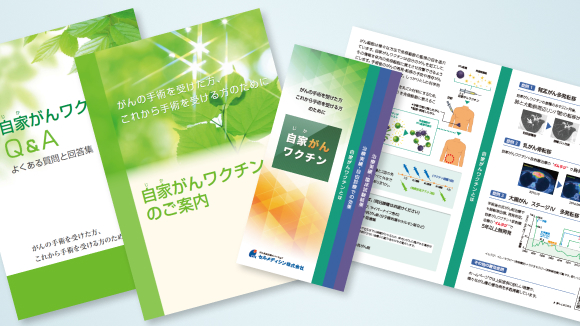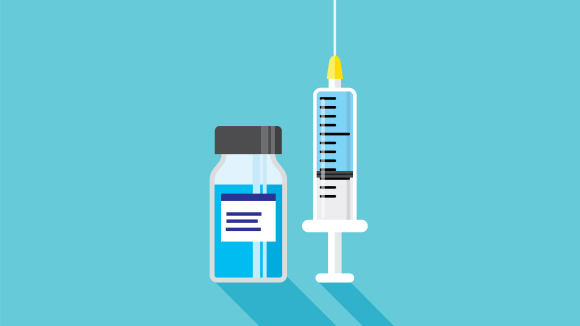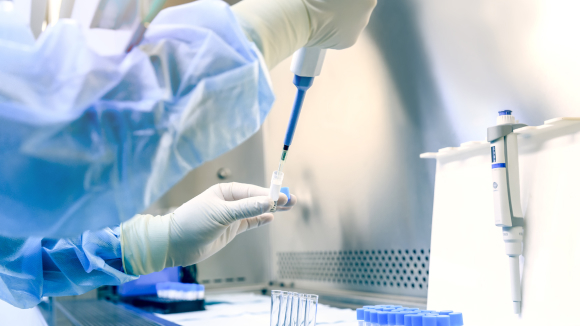この直前の記事ナンバー55の内容を、2週間後に米国で発表しました。Society for NeuroOncolgyには、世界中から脳神経外科医が集まりますので、手術が成功しても必ず再発するとされている膠芽腫のうち、一部の症例群に対しては、自家脳腫瘍ワクチンが非常に大きな効果があったことが発表されると、驚きをもって受け止められていました。(わずかなデータ修正があっため、この学会発表データと今後発表される予定の論文データでは、微小な数値の違いがあります。あらかじめご了承ください。)
Muragaki Y, Maruyama T, Ishikawa E, Nitta M, Ikuta S, Tsuboi K, Matsumura A, Nakamura H, Abe T, Saito R, Tabei Y, Arakawa Y, Momii Y, Karasawa K, Matsutani M, Ohno T, Nakazato Y, Maebayashi K., Multicenter randomized placebo-controlled trial of autologous formalin-fixed tumor vaccine for newly-diagnosed glioblastomas.
Neuro-Oncology, 2017;19: suppl_6, vi315. https://doi.org/10.1093/neuonc/nox212
BACKGROUND
Unlike immune checkpoint inhibitors, various vaccines have failed to demonstrate sufficient evidence in phase III studies due to the multiple antigenicity of neoplasms. Autologous formalin-fixed tumor vaccine (AFTV) from paraffin-embedded tissue is stable, and contains multiple tumor peptides, which are designed to induce killer lymphocytes in vivo (Nat Med 1995, 1996). We conducted three AFTV trials of Phase Ib or IIa for recurrent and newly-diagnosed glioblastoma (ndGBM), which demonstrate promising results. (Clin Cancer Res 2004; J Neurosurg 2011, 2013). In addition, a multicenter double-blind Phase IIb/III trial has been initiated.
METHODS
Patients from 16 to 75 years of age with supratentorial ndGBM, extensive resection, KPS of at least 60, and no prolonged steroids, were eligible. Planned patient enrollment was 120. AFTV or placebo, including for adjuvant treatment, was administered intradermally 3 times preceding (1) temozolomide chemoradiotherapy, (2) first and (3) second courses of adjuvant temozolomide.
RESULTS
In 30 months, 63 patients were registered for phase IIb and 61 cases were analyzed (mean age, 61 years). Median resection rate was 95%, median KPS was 80. In the whole cohort, median OS and progression-free survival (PFS) was 31.5 and 14.5 months, respectively. Comparison of the AFTV group (median OS, 25.6 months; 3-year OS rate, 38%) and the placebo group (median OS, 31.5 months; 3-year OS rate, 41%) did not reveal a significant difference in OS (HR, 1.19; 95% CI, 0.57 - 2.47; P = 0.64). Median PFS was 13.5 months in both groups (P = 0.98). According to a subgroup analysis of tumors with negative p53 immunostaining, 3-year OS of AFTV and placebo was 79% and 43%, respectively (P = 0.072). Surprisingly, for patients undergoing total resection of tumors, 3-year PFS of AFTV and placebo was 81% and 46%, respectively (P = 0.067). There were no severe adverse effects.
CONCLUSIONS
Phase IIb of AFTV trial for ndGBM did not demonstrate obvious survival impact in the whole cohort. However, subgroup analyses of tumors with negative p53 immunostaining or after total resection revealed possible better outcomes after AFTV therapy. These results will be investigated further in the Phase III part of the study.

























